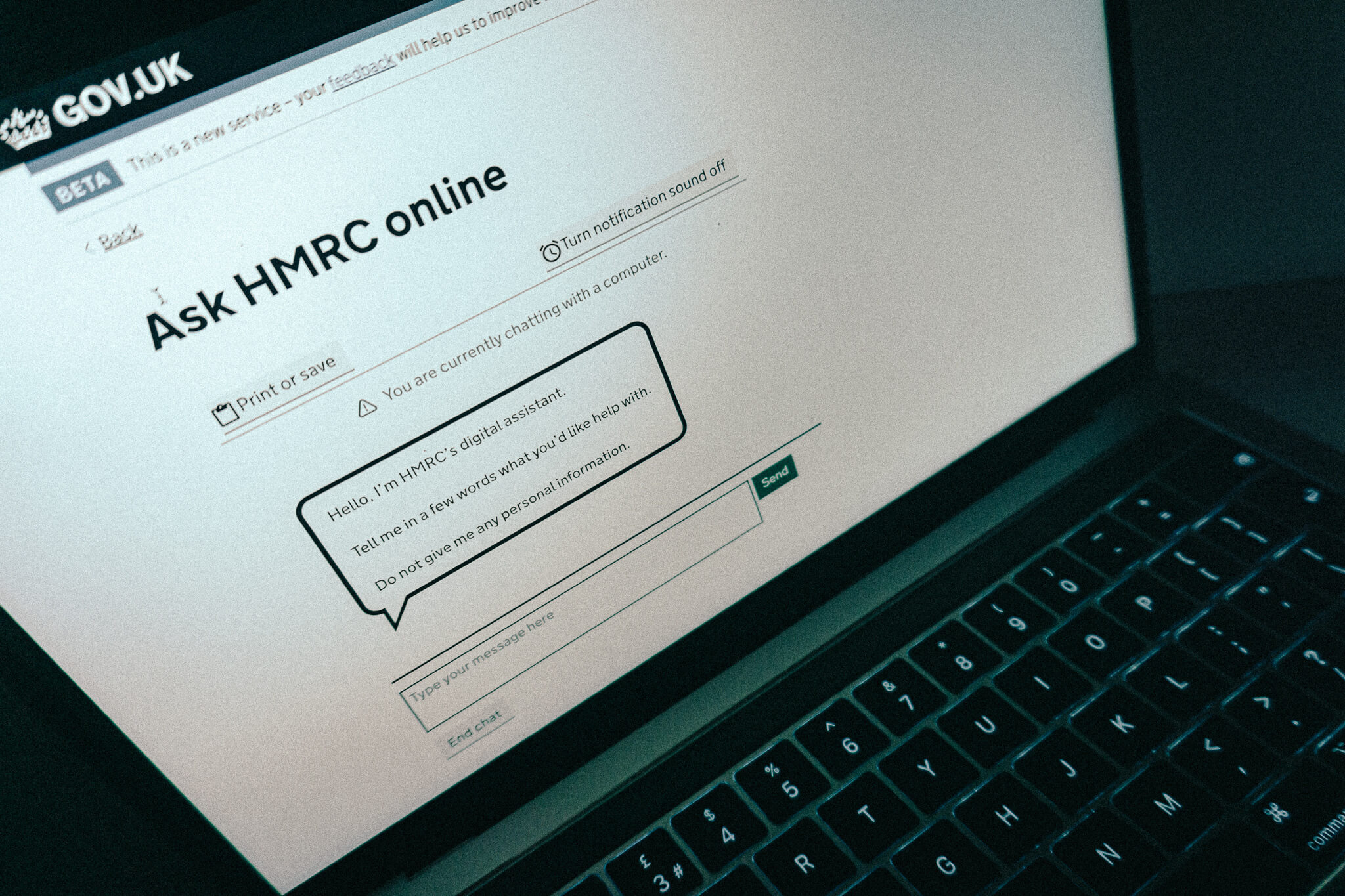Backed by UKRI funding a consortium of seven universities will work on a programme dedicated to delivering the next generation of gravitational wave detectors on either side of the Atlantic
The government has put a multimillion-pound investment into a research project intended to “detect signals from the very edge of the universe”.
Funding of £7m from the Science and Technologies Facilities Council (STFC) – part of government arm’s-length body UK Research and Innovation – will support the delivery of two “gravitational wave detector” facilities on either side of the Atlantic: the Cosmic Explorer in the US, and the Einstein Telescope, which will be based around the border of Belgium, Germany, and the Netherlands.
These facilities will involve “lasers bounced between mirrors suspended free of external vibration [and] placed up to 40km apart” – ten times further than existing detectors. To create this next generation of technology, a consortium of seven universities will conduct work over the next three years to “develop designs for new mirror coatings, data analysis techniques, and suspension and seismic isolation systems”.
Researchers believe the new systems “could help astronomers probe the furthest reaches of the cosmos”.
Related content
- UKSA looks to progress space clean-up work
- UK Space Agency opens up satellite data to boost businesses
- How the UK Space Agency is improving public services from the exosphere
The project will be led by the University of Glasgow, supported by experts from the universities of Birmingham, Cardiff, Portsmouth, Southampton, Strathclyde and the West of Scotland.
Deputy principal investigator on the project, professor Alberto Vecchio, from the University of Birmingham, said: “This is the very first step into the realisation of powerful gravitational-wave observatories that, once in operation, will take us on breathtaking journeys throughout the universe, discovering many new phenomena. It is wonderful to be working alongside STFC, colleagues at institutions across the UK and our partners around the world to make these new fantastic instruments a reality.”
UKRI, which signed off the £7m support, oversees the work of nine specialist councils which collectively invest £8bn each year in research and development projects. The organisation operates as a non-departmental public body, sponsored by the Department for Science, Innovation and Technology.




